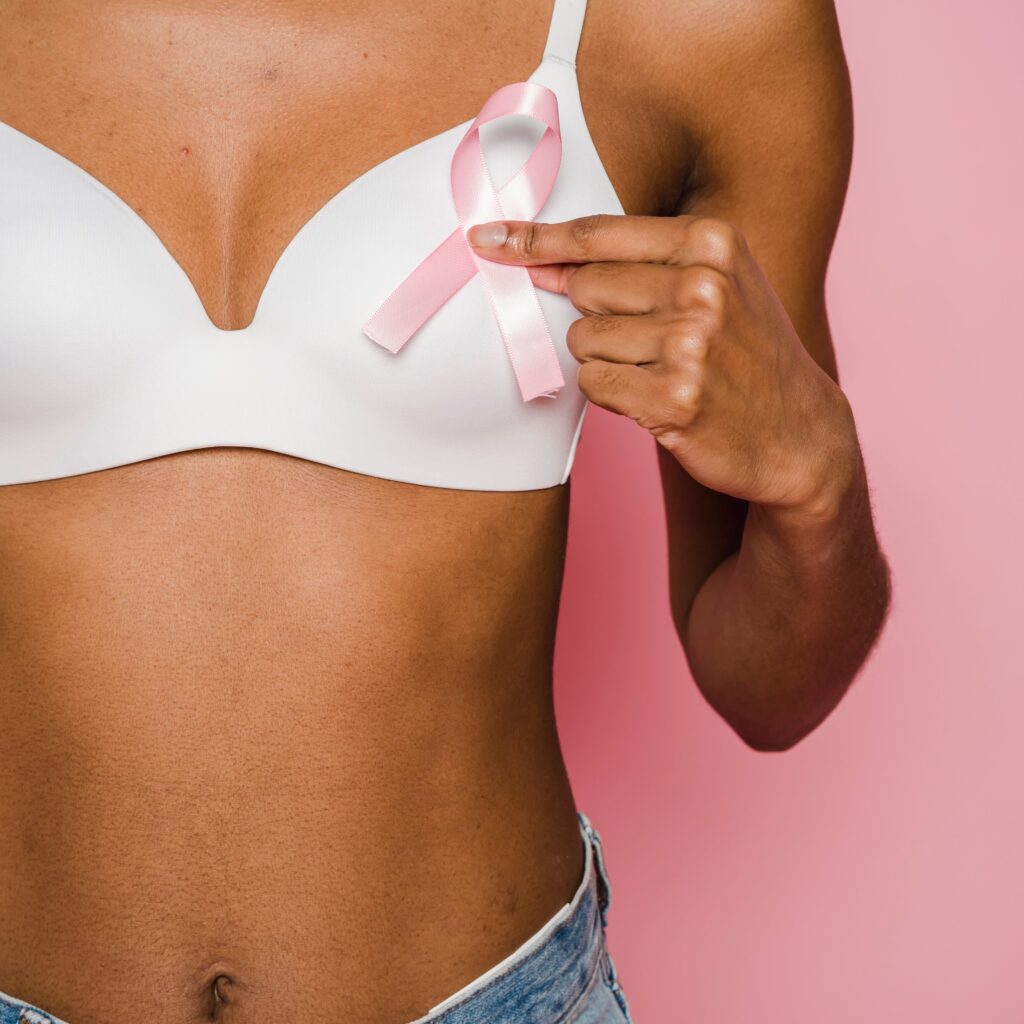Can Underwire Bras Cause Breast Cancer?
Uncover the truth behind the underwire bra and breast cancer myth. Dive deep into scientific research and expert insights to dispel fears and empower with knowledge.

Table of Contents
Introduction to the Underwire Bra and Breast Cancer Myth
The connection between underwire bras and breast cancer has been a topic of concern and speculation for decades. Sparked by anecdotal evidence and perpetuated by misinformation, the myth suggests that underwire bras contribute to an increased risk of breast cancer by obstructing lymphatic drainage and trapping toxins. This article aims to dissect this myth, examine the scientific evidence, and provide clarity on the matter, ensuring women can make informed decisions about their bra choices without fear.
Understanding Breast Cancer: Causes and Risk Factors
Breast cancer arises from a combination of genetic, environmental, and lifestyle influences. Key risk factors include but are not limited to age, genetic predispositions, history of breast conditions, lifestyle choices, and exposure to certain environmental factors. This complex interplay of factors underscores the importance of a nuanced approach to understanding breast cancer risks, far beyond the simplistic attribution of risk to underwire bras.
The Origin of the Underwire Bra Myth
The underwire bra myth gained traction following the publication of “Dressed to Kill” in 1995, which hypothesized a direct link between tight-fitting bras and increased breast cancer risk. This hypothesis was based on the premise that constriction caused by bras, especially underwire types, could impede lymphatic flow and lead to toxin accumulation. Despite its widespread attention, this theory lacked empirical support from the onset.
Scientific Evidence Against the Underwire Bra Myth
The most comprehensive refutation of the underwire bra myth came from a 2014 study by the Fred Hutchinson Cancer Research Center, which found no correlation between bra wearing and increased breast cancer risk. This pivotal study, alongside numerous others, examined variables such as the type of bras worn, the duration of daily wear, and the age at which regular bra use began. The unanimous conclusion across these studies is the lack of evidence to support the claim that underwire bras or any bras can cause breast cancer.
Expert Opinions on Bra Use and Breast Health
Health organizations and breast cancer experts globally, including the American Cancer Society, have publicly denounced the myth, emphasizing the absence of scientific evidence linking bra use to breast cancer. These expert opinions stress the importance of focusing on substantiated risk factors and preventative measures rather than unfounded claims.
Choosing the Right Bra for Comfort and Health
While debunking the myth, it’s equally important to address the significance of selecting the right bra for both comfort and health. A well-fitted bra not only provides necessary support but also contributes to overall well-being. It alleviates potential issues such as back pain, skin irritation, and posture problems. This section provides guidelines on choosing bras that offer optimal support without compromising comfort.
Addressing Common Concerns and Questions
Addressing prevalent concerns about bras and breast health is vital in dispelling myths and misinformation. This FAQ section answers common questions, reassuring women that their choice of bra, including those with underwire, should be based on personal comfort and preference, free from the fear of increasing breast cancer risk.
How to Measure for the Right Bra Fit
A correct bra fit is crucial for comfort, support, and overall breast health. This comprehensive guide outlines how to accurately measure oneself for the perfect bra fit, highlighting the importance of regular fittings to accommodate changes in body size and shape over time.
The Importance of Prioritizing Established Breast Cancer Prevention
Shifting focus to established breast cancer prevention measures is essential. This section emphasizes the importance of regular mammograms, a healthy lifestyle, and awareness of personal risk factors as effective strategies for reducing breast cancer risk. By concentrating on evidence-based prevention methods, women can take proactive steps toward safeguarding their breast health.
Conclusion: Busting the Myth for Good
The narrative that underwire bras cause breast cancer is a myth lacking scientific foundation. This article has presented the evidence, expert consensus, and guidelines necessary for women to feel confident in their bra choices. Emphasizing the importance of focusing on factual information and proven preventative strategies, we aim to empower women with knowledge, dispelling fears and promoting informed decisions about their health and well-being.
Extended FAQs on Bras and Breast Cancer
- Can wearing a bra to bed increase breast cancer risk? No scientific evidence supports the claim that wearing a bra to bed, whether underwire or otherwise, increases the risk of breast cancer. Personal comfort should guide this choice.
- Do underwire bras affect lymphatic drainage? Current scientific research does not support the claim that underwire bras, or any bras, significantly impact lymphatic drainage to a degree that would influence breast cancer risk.
- How can I ensure my bra is not too tight? A well-fitting bra should feel comfortable around the band without leaving deep marks or causing discomfort. The band should stay level around the body, and the breasts should be fully contained within the cups without spillage.
- Are there alternative bras recommended for those concerned about breast health? For those seeking alternatives, wireless bras or bras designed with comfort and minimal constriction in mind may provide peace of mind without compromising support. However, it’s essential to reiterate that bra choice does not impact breast cancer risk.
- What should I do if I have concerns about breast health or cancer risk? If you have concerns about breast health or potential cancer risk, consult a healthcare professional. They can provide personalized advice, recommend screenings, and guide risk reduction strategies based on your health history and risk factors.

Add a Comment